
Area 1. Discovering myself
| Competence | Level of proficiency |
|---|---|
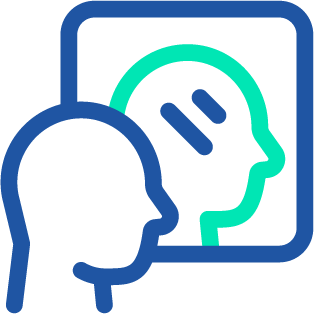
Self-awareness |
Level 1: Acquire Be aware of your own personal interests, attitudes, values and abilities, qualities and aspirations. |
|
Level 2: Apply Identify how interests, attitudes, value and aspirations are affected by social-economic context and stage of development/ life, personal vision of life, education and career. |
|
|
Level 3: Personalise Examine how self-concept/awareness has an impact on achieving my personal goals and decisions (e.g. social, educational, vocational or employment), how it influences my professional expectations. |
|
|
Reference: Scotland model revised |
|
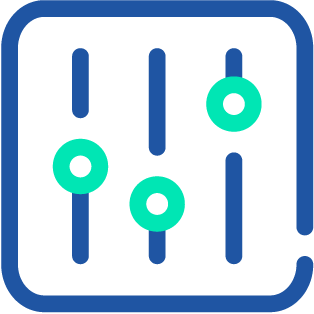
Self-regulation (Awareness and management of emotions, thoughts and behaviour) |
Level 1: Acquire Be aware and express personal emotions, thoughts, values, and behaviour. |
|
Level 2: Apply Understand and regulate personal emotions, thoughts, and behaviour, including stress responses. |
|
|
Level 3: Personalise Nurture optimism, hope, resilience, self-efficacy and a sense of purpose to support learning and action. |
|
|
Reference: Lifecomp and Niles, S. G., Amundson, N. E., & Neault, R. (2011). Career Flow: A Hope-Centered Approach to Career Development, 1e |
|
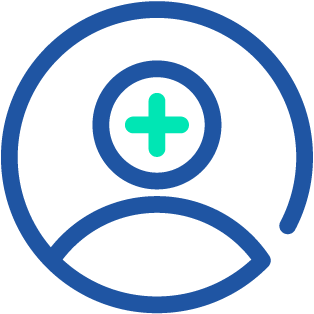
Growth mindset (Belief in one’s and others’ potential to continuously learn and progress) |
Level 1: Acquire Be aware and develop confidence in one's own and others’ abilities to learn, improve and achieve with work and dedication. |
|
Level 2: Apply Understand that learning is a lifelong process that requires openness, curiosity and determination. |
|
|
Level 3: Personalise Explore the potential effects of a positive and growth-oriented mindset for your personal situation/life. |
|
Area 2. Exploring new horizons
| Competence | Level of proficiency |
|---|---|
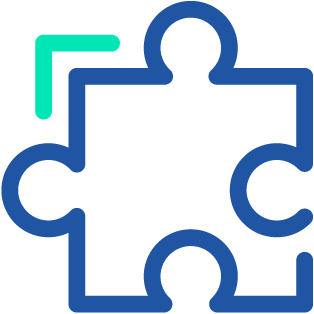
Understanding complexity |
Level 1: Acquire Be aware of the multivariate range of potential and actual influences on individuals and the density of potential or actual interconnections between such influences and their effects. |
|
Level 2: Apply Understand the complex dynamics between education, work, society and the economy and life values, in general. |
|
|
Level 3: Personalise Explore the effect of complexity on achieving my personal goals and decisions (e.g. social, educational, vocational or employment). |
|
|
Reference: the LEADER framework and Pryor, R. G., & Bright, J. E. (2006). Counseling chaos: Techniques for practitioners. Journal of Employment counseling, 43(1), 9-17. |
|

Understanding careers and the labour market |
Level 1: Acquire Explore knowledge about different vocations and career opportunities in the labour market (information on occupations, education opportunities, economy, and employment). |
|
Level 2: Apply Understand how the labour market and careers change over time during lifespan, related to the dynamics of the communities. |
|
|
Level 3: Personalise Understand how you can integrate information on occupations, education, economy, and employment into management of your career. |
|
|
Reference: the LEADER framework, NCDG Framework (CM3) |
|
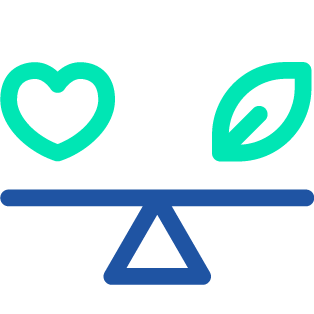
Ethical and sustainable thinking (assess the consequences and impact of ideas, opportunities and actions) |
Level 1: Acquire Understand that personal choices and behaviours have an impact within the community and the environment. |
|
Level 2: Apply Reflect on how sustainable long-term social, cultural and economic goals are, and the course of action chosen. |
|
|
Level 3: Personalise Assess the consequences of ideas that bring value and the effect of entrepreneurial action on the target community, the labour market, society and the environment. |
|
|
Reference: EntreComp framework |
|
Area 3. Building relationships
| Competence | Level of proficiency |
|---|---|
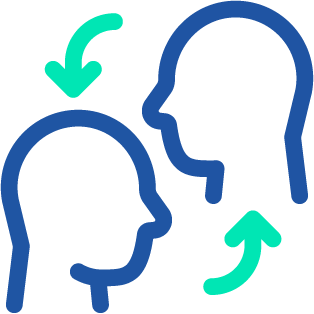
Empathy |
Level 1: Acquire Become aware of another person’s emotions, experiences and values. |
|
Level 2: Apply Understand another person's emotions and experiences, and the ability to proactively take their perspective. |
|
|
Level 3: Personalise Respond to another person’s emotions and experiences, being conscious that group belonging influences one’s attitude. |
|
|
Reference: Lifecomp |
|

Communication |
Level 1: Acquire Become aware of the need for a variety of communication strategies, language registers, and tools that are adapted to context and content. |
|
Level 2: Apply Understand and manage interactions and conversation in different socio-cultural Contexts and domain-specific situations. |
|
|
Level 3: Personalise Listen to others and engage in conversation with confidence, assertiveness, clarity, and reciprocity, both in personal and social contexts. |
|
|
Reference: Lifecomp |
|
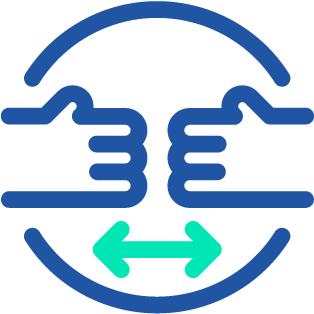
Collaboration |
Level 1: Acquire Become aware that others may have different cultural affiliations, backgrounds, beliefs, values, opinions, or personal circumstances. Be willing to contribute to the common good. |
|
Level 2: Apply Understand the importance of trust, respect for human dignity and equality, cope with conflicts and negotiate disagreements to build and sustain fair and respectful relationships. |
|
|
Level 3: Personalise Fairly share tasks, resources, and responsibilities within a group considering its specific aim, eliciting expressions of different views and adopting a systemic approach. |
|
|
Reference: Lifecomp |
|
Area 4. Developing my strengths
| Competence | Level of proficiency |
|---|---|
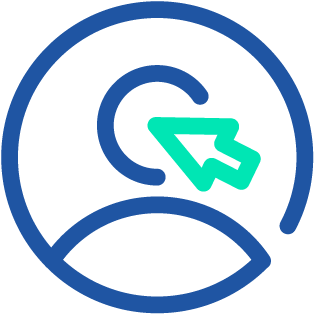
Digital mindset |
Level 1: Acquire Browse, search and filter data, information and digital content. Articulate information needs, search for data, information and content in digital environments, access them and navigate between them. Create and update personal search strategies. |
|
Level 2: Apply Evaluate data, information and digital content. Interact through a variety of digital technologies and understand appropriate digital communication means for a given context. |
|
|
Level 3: Personalise Interact through digital technologies and develop digital content Interact through a variety of digital technologies and understand appropriate digital communication means for a given context. Create and edit digital content in different formats, express oneself through digital means. |
|
|
Reference: Digcomp |
|

Critical thinking |
Level 1: Acquire Be aware of potential biases in the data and one’s personal limitations (e.g. confirmation bias or belief bias), while collecting valid and reliable information and ideas from diverse and reputable sources. |
|
Level 2: Apply Compare, analyse, assess, and synthetise data, information, ideas, and media messages in order to draw logical conclusions. |
|
|
Level 3: Personalise Develop creative ideas, synthetise and combine concepts and information from different sources in view of solving problems. |
|
|
Reference: Lifecomp |
|
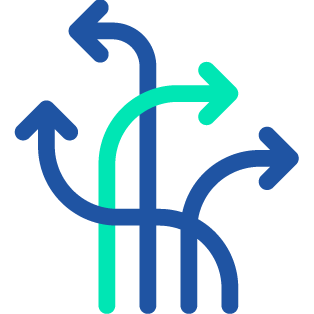
Flexibility |
Level 1: Acquire Be aware of the need and the possibilities to adapt to challenges and developments and to manage uncertainty actively. |
|
Level 2: Apply Be ready to review my own opinions and courses of action in the face of new evidence and to manage uncertainty (be open minded). |
|
|
Level 3: Personalise Adapt yourself to new ideas, approaches, tools, and actions in response to changing contexts. |
|
|
Reference: Lifecomp |
|
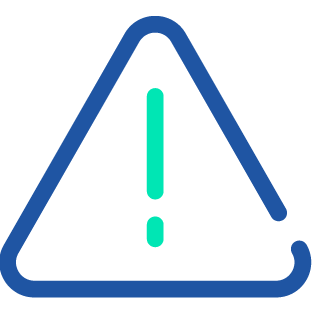
Risk-taking |
Level 1: Acquire Be aware that sometimes acting (try something out) is the way to pursue an opportunity. |
|
Level 2: Apply Be ready to calculate and take risk if this is widening opportunities. |
|
|
Level 3: Personalise Reflect and integrate knowledge about yourself, your risk-taking style and the outcomes (reexamine your ability to take a risk). |
|
|
Reference: Krumboltz, J. D., & Levin, A. S. (2010). Luck is no accident: Making the most of happenstance in your life and career. Impact Publishers. |
|
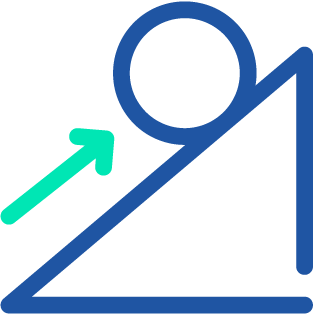
Persistence |
Level 1: Acquire Be aware of the relevance of optimism (maintaining a positive attitude) and persistence (to try relentlessly for a longer time) for career progress. |
|
Level 2: Apply Understand that optimism and persistence can help you to overcome setbacks and problems in your own career process. |
|
|
Level 3: Personalise Reflect and incorporate experience of how optimism and persistence have helped you in different situations in your life. |
|
|
Reference: Krumboltz, J. D., & Levin, A. S. (2010). Luck is no accident: Making the most of happenstance in your life and career. Impact Publishers. |
|
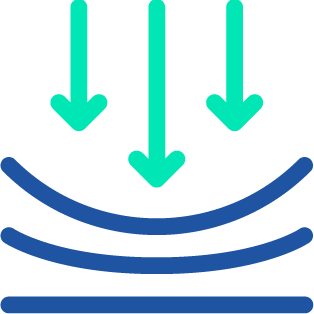
Resilience |
Level 1: Acquire Be aware that resilience can be understood as a bundle of skills helping you to overcome difficult and stressful situations. It is linked to other resources like optimism, persistence, self-efficacy and planning the future. |
|
Level 2: Apply Understand that you develop resilience in interaction with important others, e.g. in family, peers, communities and in school, especially by investing in relations and experiencing strong and stable relations. |
|
|
Level 3: Personalise Utilize resilience in difficult situations (e.g. related to adaptive coping capacity, problem solving skills, emotional self-regulation and social skills). |
|
|
Reference: Doll, B. (2013). Enhancing resilience in classrooms. In Handbook of resilience in children (pp. 399-409). Springer, Boston, MA. |
|
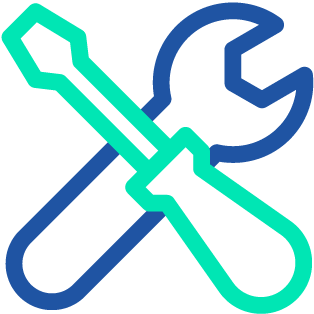
Problem solving |
Level 1: Acquire Being aware of (career related) problems and the possibility to approach them actively. |
|
Level 2: Apply Understanding the relevant steps in approaching and solving a problem (target setting, situational analysis, planing, acting, reflecting). |
|
|
Level 3: Personalise Apply problem solving activities and reflect the effects, adjust problem solving strategies if appropriate. |
|
|
Reference: Dörner, D., & Funke, J. (2017). Complex problem solving: what it is and what it is not. Frontiers in psychology, 8, 1153. |
|
Area 5. Monitoring and reflecting on my experience
| Competence | Level of proficiency |
|---|---|

Monitoring lifelong learning achievements (monitoring and reviewing of one’s own learning) |
Level 1: Acquire Being aware that lifelong learning refers to all learning activities formally, non-formally and informally undertaken throughout life. |
|
Level 2: Apply Understand how learning processes and strategies work. |
|
|
Level 3: Personalise Explore one's own learning interests, processes and preferred strategies, including learning needs and required support. |
|
|
Level 4: Act Reflect on and assess periodically purposes, processes and outcomes of formal, non-formal and informal learning establishing relationships across domains. |
|
|
Reference: Lifecomp |
|
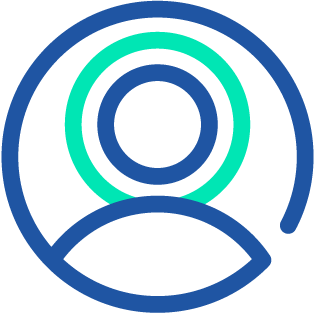
Self-awareness of my own achievements |
Level 1: Acquire Be aware that a life- and work history consists of a series of events including risks and chances. |
|
Level 2: Apply Understand that achievements in my career are based on my personal resources and actions. |
|
|
Level 3: Personalise Reflect and incorporate a strong sense of personal resources and the impact of actions on achievements. |
|
|
Level 4: Act Review and apply own resources for a next step in your career process. |
|
|
Reference: Careers around me project |
|
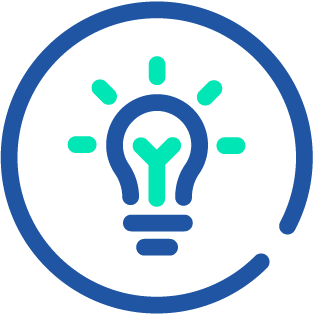
Developing ideas and opportunities to create value, including better solutions to existing and new challenges |
Level 1: Acquire Be aware of the relevance of (own) ideas to create value from opportunities. |
|
Level 2: Apply Develop an understanding of the existing and upcoming challenges. |
|
|
Level 3: Personalise Reflect how you can approach challenges based on your ideas. |
|
|
Level 4: Act Take action based on your ideas to create new solutions. |
|
|
Reference: Entrecomp |
|
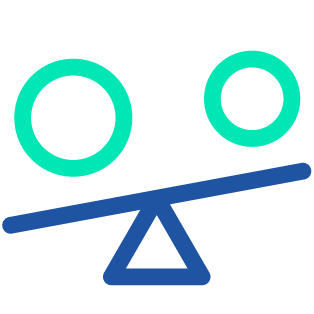
Balancing life, learning and work roles |
Level 1: Acquire Be aware of different roles and how they change during life (personal, leisure, community, learner, family, and work roles). |
|
Level 2: Apply Understand how my various roles impact upon my preferred future or lifestyle. |
|
|
Level 3: Personalise Reflect on how different life-roles interact and how you can balance different life-roles, especially when a change in one role affects your career goals. |
|
|
Level 4: Act Take action to balance your life-roles and lifestyle with your current career goals. |
|
|
Reference: NCDG (Goal PS4; K1, K3, R2) |
|
Area 6. Planning my career
| Competence | Level of proficiency |
|---|---|
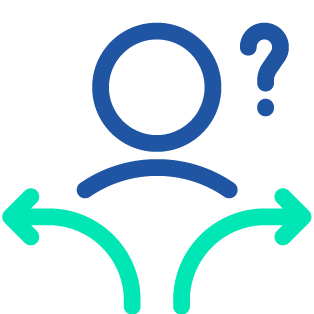
Decision making process (rational and non-rational decision making) |
Level 1: Acquire Be aware that decisions play an important role in career processes and that people have different career decision styles. |
|
Level 2: Apply Understand how choices are made. Take into account that decisions are not fully rational but also intuitive /following individual heuristics. |
|
|
Level 3: Personalise Recognise how my personal beliefs and social economic context affect my decisions; explore your own career decision styles. |
|
|
Level 4: Act Plan and implement personal, learning and professional goals and monitoring the plan recognizing when you need to change it or to abandon it for a new one. |
|
|
Reference: NCDG (CM1), Kahneman, D., & Tversky, A. (2013). Choices, values, and frames. In Handbook of the fundamentals of financial decision making: Part I (pp. 269-278). |
|

Manage plans |
Level 1: Acquire Be aware of steps and content of a career plan (rational planning) and the reality of dynamic and unpredictable careers (dynamic planning). |
|
Level 2: Apply Understand that career planning to attain your career goals is a lifelong process with dynamic and unforeseeable developments and results. |
|
|
Level 3: Personalise Reflect upon complex influences on your career decision making, and unplanned events in your careers. Explore the effect of dynamic influences on you and your career. |
|
|
Level 4: Act When planning a career step/action, take into account dynamic influences and unpredicted events, transitions. |
|
|
Reference: NCDG (CM1), Pryor, R. G., & Bright, J. E. (2014). The Chaos Theory of Careers (CTC): Ten years on and only just begun. Australian Journal of Career Development, 23(1), 4-12. |
|

The European Commission support for the production of this publication does not constitute an endorsement of the contents which reflects the views only of the authors, and the Commission cannot be held responsible for any use which may be made of the information contained therein.
All our products are creative commons and are Open Educational Resources. If using them, please state that the products were realized in the framework of the European program “Erasmus Plus KA3 - Support for policy reform – Initiatives for Policy Innovation” Grant Agreement number: 2019 – 612881
Project Number 612881-EPP-1-2019-1-IT-EPPKA3-PI-FORWARD
